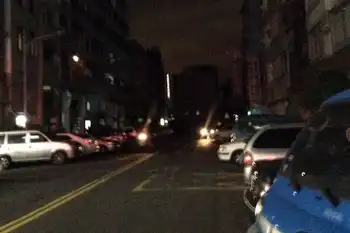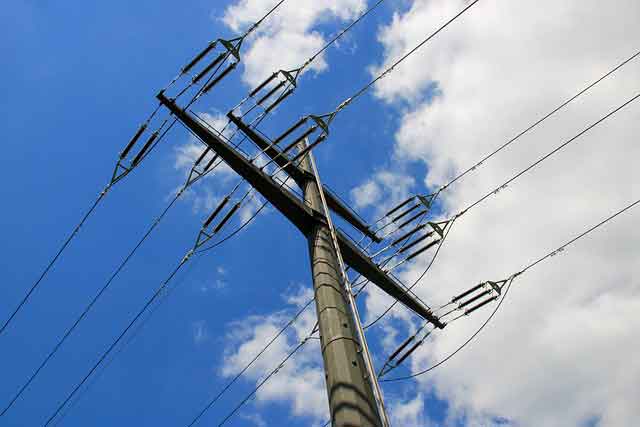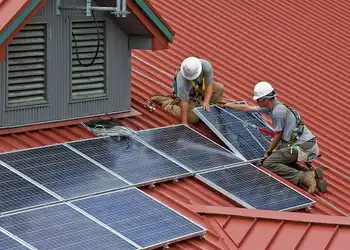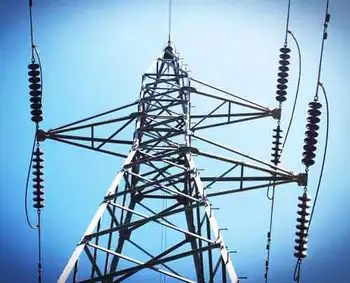Generators 'better' than buying power
TORONTO, ON -- - An irritated Energy Minister John Baird walked away from reporters after struggling to explain how spending $100 million for temporary electricity generators will save the province money.
Baird said the generators the province has paid to have on standby in 10 communities in case a hot summer creates an energy drain may cost less than the $100-million deposit if they are actually used.
"In the absence of the generators, we would have to import power at demonstrably more expense," said Baird.
"So by having the generators there, if they're operating, they would actually be saving us money."
Asked how much the savings might be, Baird said it "depends on the weather, it depends on the price of natural gas and it will depend on the demand."
Baird was also peppered with questions about where any profits made by the portable generators will go if the power they produce is worth more than the cost of producing it.
"It's just an expense. It's not incurred, so that it's essentially a profit for us," he said.
Asked if the government keeps that money, Baird said, "No. It's an opportunity cost savings in the absence of having the generator."
As reporters pressed for clarification, Baird became testy.
"We're not having a debate with you. You're on one side, I'm on the other," he snapped.
"You're not listening," he said before stalking off.
The generators, which can supply 410 megawatts of power, will be put on standby until early next year.
Premier Ernie Eves has characterized their cost as "fairly insignificant."
Related News
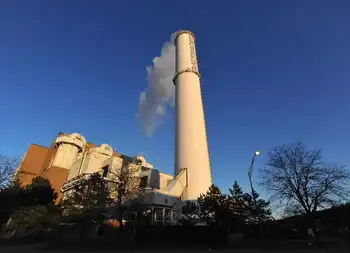
Maryland’s renewable energy facilities break pollution rules, say groups calling for enforcement
BALTIMORE - Many facilities that supply Maryland with renewable energy have exceeded pollution limits or otherwise broken environmental rules, violating a state law, according to a complaint sent by environmental groups to state energy and law enforcement officials.
Maryland law says that any company that contributes to a state renewable energy goal — half the state’s energy portfolio must come from renewable sources by 2030 — must “substantially comply” with rules on air and water quality and waste management. The complaint says more than two dozen power generators, including paper mills and trash incinerators, have records of formal or informal enforcement…

